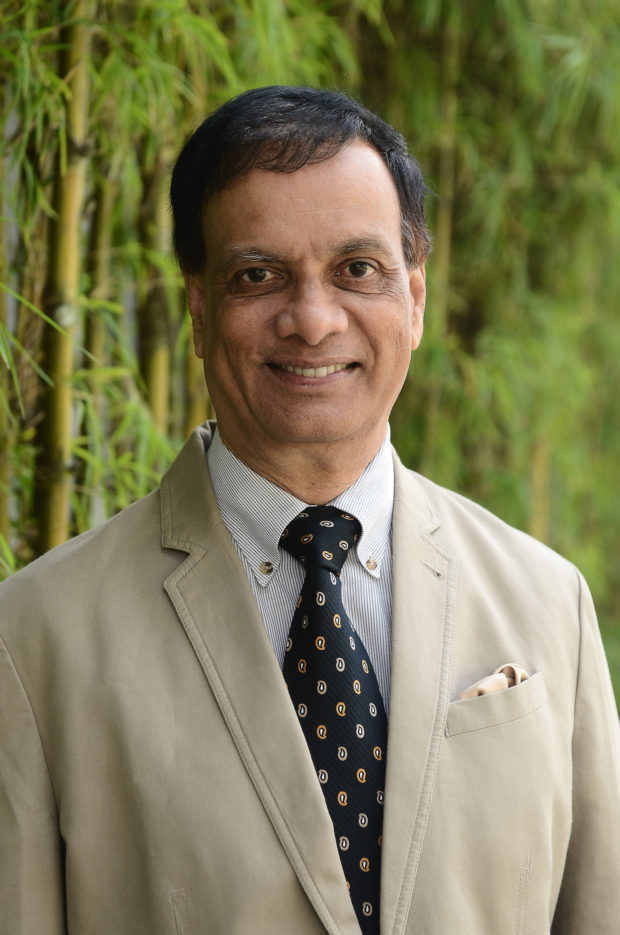New Year, old risks
Rising social tensions are clouding the economic prospects of countries worldwide in 2020.
Even though social unrest resulting from inequities have not manifested themselves in the Philippines in the way they have in Hong Kong, India and Brazil recently, the country’s level of socioeconomic inequality is very high.
Other worries for the prospects of the Philippines, as those of others, are a potential global economic slump and global climate change—issues that also relate to inequality because they widen differences among people by hurting the poor the most.
The ability to maintain social cohesion is a huge but underrated contributor to economic growth and well-being.
East Asia’s economic ascendancy over the past half a century was achieved by policies both to spur economic growth and to achieve social stability.
In many of East Asia’s big achievers, there was in the main relatively modest ethnic, religious and linguistic differences.
Country experiences suggest, however, that diversity is a source of productivity and growth.
The best combination would be to maintain diversity in the population and at the same time ensure peace and harmony.
Singapore’s population—with 76 percent Chinese, 15 percent Malays and 7 percent Indian—is a case in point.
Here, religious and cultural harmony are underappreciated attributes contributing to economic success.
In India, Indonesia and the United States, however, “hate spin” threatens democratic freedoms, silences critics, and spreads intolerance.
The Philippine economy is projected to grow by about 6 percent a year in the coming three years.
A vital consideration is whether strong growth can be part of a virtuous cycle of poverty reduction.
The country’s poverty rate, measured by the middle-income poverty line of $3.20 a day, is estimated to have declined from 26 percent in 2015 to 20.8 percent in 2019. Further progress on reducing poverty and improving income distribution will be vital for sharing the benefits of growth far more widely, and for sustaining growth and stability.
Beyond poverty, greater equality seems to be correlated with faster and more durable growth.
Greater equality brings out the best aspects of diversity within the population, helping to unleash entrepreneurship and innovation.
Reducing inequality in the Philippines and elsewhere would be pro-growth, provided the policies to do this are well-conceived and well-implemented.
Income inequality, however, is not the only source of instability and lackluster growth across countries.
Social unrest and instability can be highly opportunistic, fed by long-standing grievances, prejudices, and irrationality. India is a case in point where despite solid growth in recent years, ethnic and religious conflict are a continued threat to social cohesion, which could undo economic gains.
Brazil, on the other hand, is struggling to achieve decent growth. Its efforts to do this are being undermined by its leadership promoting social division and environmental destruction in the guise of growth policies.
It has been noted that high economic growth has taken place in several East Asian countries during periods of strong leadership and even autocratic rule.
But the social unrest reverberating in several countries, for example India, are a warning that social instability will likely worsen if checks and balances to democratic processes are discarded.
Freedom of the press is a leading indicator of sustainable growth whereby a two-way, mutually reinforcing relationship seems to exist between press freedom and economic growth.
Recent conflicts in several countries worldwide suggest that the fate of minorities, be they ethnic, religious or communal, can trigger deep widespread discontent that hurts economic growth.
The risk of this chain of events seems to prevail regardless of strong mandates enjoyed by ruling parties, as is the case in China and India—and one that holds lessons for countries in Southeast Asia.
Social inequality will be aggravated by the impact of climate change on highly vulnerable countries like the Philippines.
The country is ranked the fourth most affected by extreme weather events, and 20th on a climate risk index. Global economic prospects, too, affect internal social differences within the country as low-income groups are likely to be hardest hit by trade tensions and a regional or global slowdown.
Ranked 36th among 192 countries in economic size, the mid-sized Philippine economy is more dependent on trade than large economies like China and India where domestic markets are bigger, and more affected by the health of the global economy.
In 2020, global trends are likely to be influenced heavily by social harmony and peace within countries.
The Philippines in recent years has had a track record of solid economic growth.
Big risks to the sustainability of that growth, in part outside the country’s control, are runaway climate change and a global economic slump.
The other risk, which is mostly within the country’s control, is how social inequality is confronted and reversed with participatory processes.
The author is at the Asian Institute of Management.

